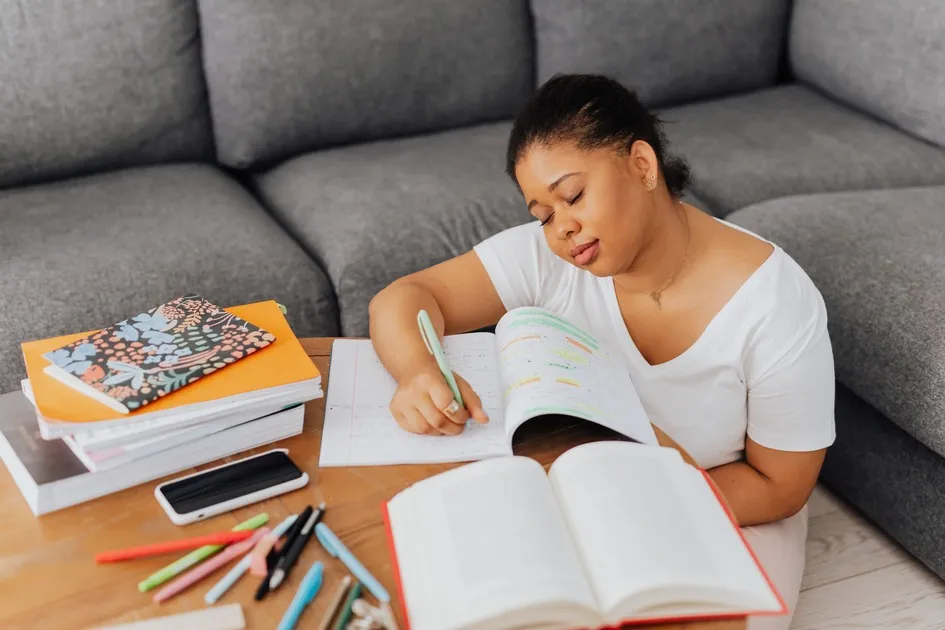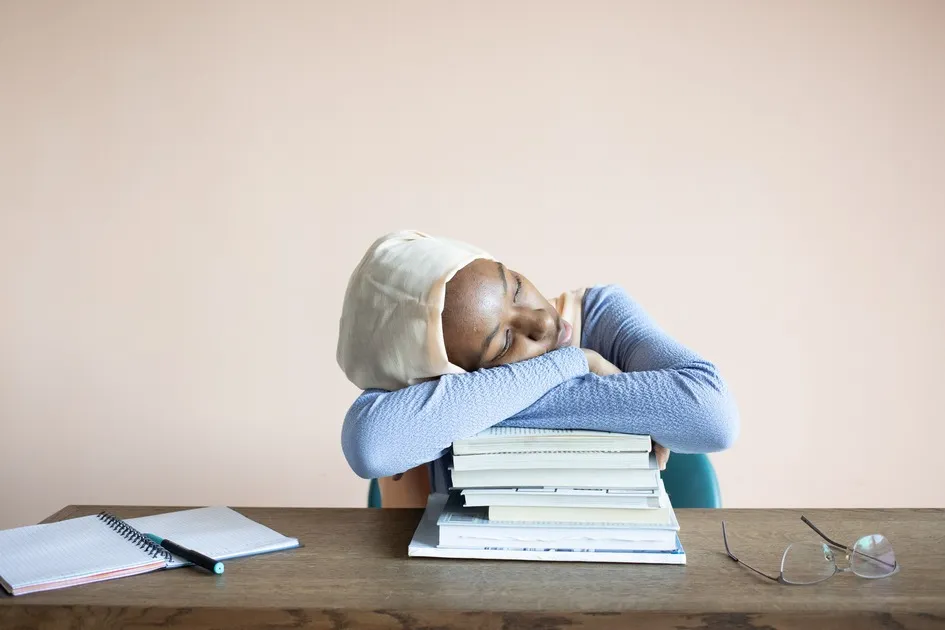Still Tired After 8 Hours of Sleep? Here’s What You Can Do
There it is again, that relentless blare of the alarm clock.
Despite clocking in a solid eight hours of shut-eye, you’re still struggling to roll out of bed. You hit the snooze button for just a few minutes longer in Dreamland.
Often, it feels as if you could slumber for another few hours, not just minutes.
You’re left wondering, “Why am I still tired after 8 hours of sleep ?” If it sounds like I’m describing your morning, you’re not alone.
Many of us grapple with feeling exhausted after what most would consider a ‘good night’s sleep’.
From melatonin to rest hygiene and prescription sleep aids, I’ve tried them all.
Read on as we explore this issue further.
Why am i still tired after 8 hours of sleep?
Even with eight hours logged under our sleep belts, we can find ourselves feeling drained the next morning.
The culprit? It often boils down to the quality, not just the quantity of our rest. Let’s dive deeper into the reasons behind groggy mornings.
Interrupted Sleep Stages
According to a research paper by Harvard Medical School, we cycle through a few different stages of slumber.
This includes light sleep, deep sleep, and REM (Rapid Eye Movement) sleep.

Each stage plays a different role in the restorative processes of our bodies and minds. When our sleep cycles are interrupted, we might miss the essential deep sleep stages that recharge us.
Stress
Stress can significantly impact how well you rest. Some of us are more sensitive to stressful situations, so it can make it harder to fall asleep or stay asleep.
This was outlined in a study published by the National Library of Medicine.
It’s tricky. So even if you’re in bed for a full eight hours, you might not be getting the deep, restful slumber you need to feel rejuvenated.
Caffeine and Alcohol
While a hot cup of coffee might be your go-to pick-me-up, it can be interfering with your rest.
Caffeine can disrupt your sleep even when consumed six hours before bedtime.
Alcohol, despite initially making you feel sleepy, can disrupt your deep sleep stage (REM), leading to decreased rest quality.
Screen Time
Our dependence on digital devices before bedtime sabotages our time to snooze.
These devices emit blue light, which can hinder the production of melatonin, a hormone that signals to our body it’s bedtime.
Scrolling through social media or binge-watching your favorite show before bed can lead to feeling tired upon waking, despite getting a full night’s rest.
Making adjustments to your bedtime routine can be a step towards more refreshing mornings.
Rest Environment

An uncomfortable bed, a room that’s too hot or too cold, or noise can impact your rest quality, leading to tiredness upon waking.
Basic sleep hygiene includes a comfortable mattress and pillows, a dark room achieved with blackout curtains or a sleep mask, a tidy, clutter-free environment, and a cool bedroom temperature of around 60-67 degrees Fahrenheit (15-19°C).
Tweaking your environment to address these issues is key to waking up refreshed.
Is feeling tired a coping mechanism?
It certainly can be. Feeling constantly tired can be your body’s way of dealing with stress.
It’s like your body’s alarm system, signaling that it’s time to slow down and rest.
When we’re stressed, our bodies can put us in a state of fatigue to force a timeout from the stressors. This tiredness is a protective measure. But, if we’re chronically stressed and fatigue continues, it’s time to look at how we’re handling the pressure.
How do I wake up refreshed?
Waking up refreshed starts with laying the right groundwork the night before. Here are a few strategies you can try:

Maintain a Consistent Rest Schedule Our bodies have a natural rest-wake cycle, known as the circadian rhythm. By going to bed and waking up at the same time every day, you reinforce this rhythm.
This helps you fall asleep quicker and wake up feeling more refreshed.
Develop a Relaxing Bedtime Routine
It isn’t just about what you do, but also about what you stop doing.
Try to establish a wind-down period about an hour before bedtime.
This is the time to step away from screens. Relaxing activities like reading, listening to calming music, or mindfulness exercises should be the focus.
Mindful Eating and Drinking
What you eat or drink can have a strong impact on your rest.
Avoid heavy meals, caffeine, and alcohol close to bedtime. These can disrupt your sleep cycle and make it harder to wake up feeling well-rested.

Regular Physical Activity
Consistent physical activity is proven to help you fall asleep faster and at a better quality.
Timing is crucial. Try not to exercise too close to bedtime as it might interfere with your rest.
Integrating these habits into your routine will set you up for a more restful night’s slumber. You’ll wake up feeling revitalized and ready to take on the day.
Does ADHD make it hard to wake up?
Yes, ADHD can make it harder to wake up. It’s estimated that between 25% to 50% of individuals with ADHD encounter issues related to sleep, spanning from instances of insomnia to other related sleep disorders.
For those of us dealing with this, it’s not just the difficulty with falling asleep – we’re talking restless legs, waking up in the middle of the night, and a general feeling of restlessness.
Here’s my sleep routine with ADHD: I wake up two to three times each night, disturbed by the slightest sound. So, I’ve turned to the sounds of raging thunderstorms on Youtube played at high volume. It helps me escape from thoughts in my mind.

Thunderstorm sounds are a form of ‘brown noise‘, a deeper variant of the familiar ‘white or pink noise’.
Brown noise is similar to the sound of a roaring river or thunder, which is more soothing and less disruptive to some.
It helps quiet the constant influx of thoughts when it’s time to rest our minds.
And you know those little lights on the fan or TV that don’t seem to bother anyone else? Well, they keep me up at night.
I’ve made my peace by using tape to cover them up.
These issues can interfere with rest quality, making it hard to feel rejuvenated upon waking.
Acknowledging these effects is the first step towards better mornings!
Conclusion
If you’re constantly tired despite getting enough rest, it can be frustrating. But, if we can identify the potential causes and implement changes in our lifestyle, it’s possible to wake up on the right side of the bed.

If you’re chronically tired, suspect a rest disorder, or display ADHD symptoms, then don’t hesitate to reach out to a healthcare provider.
Resting well is vital to our well-being, so we must prioritize it and treat the issues that stand in its way.
Share this article with friends or family who could use a more refreshing wake-up. The chance for better rest could be a click away for them too!








